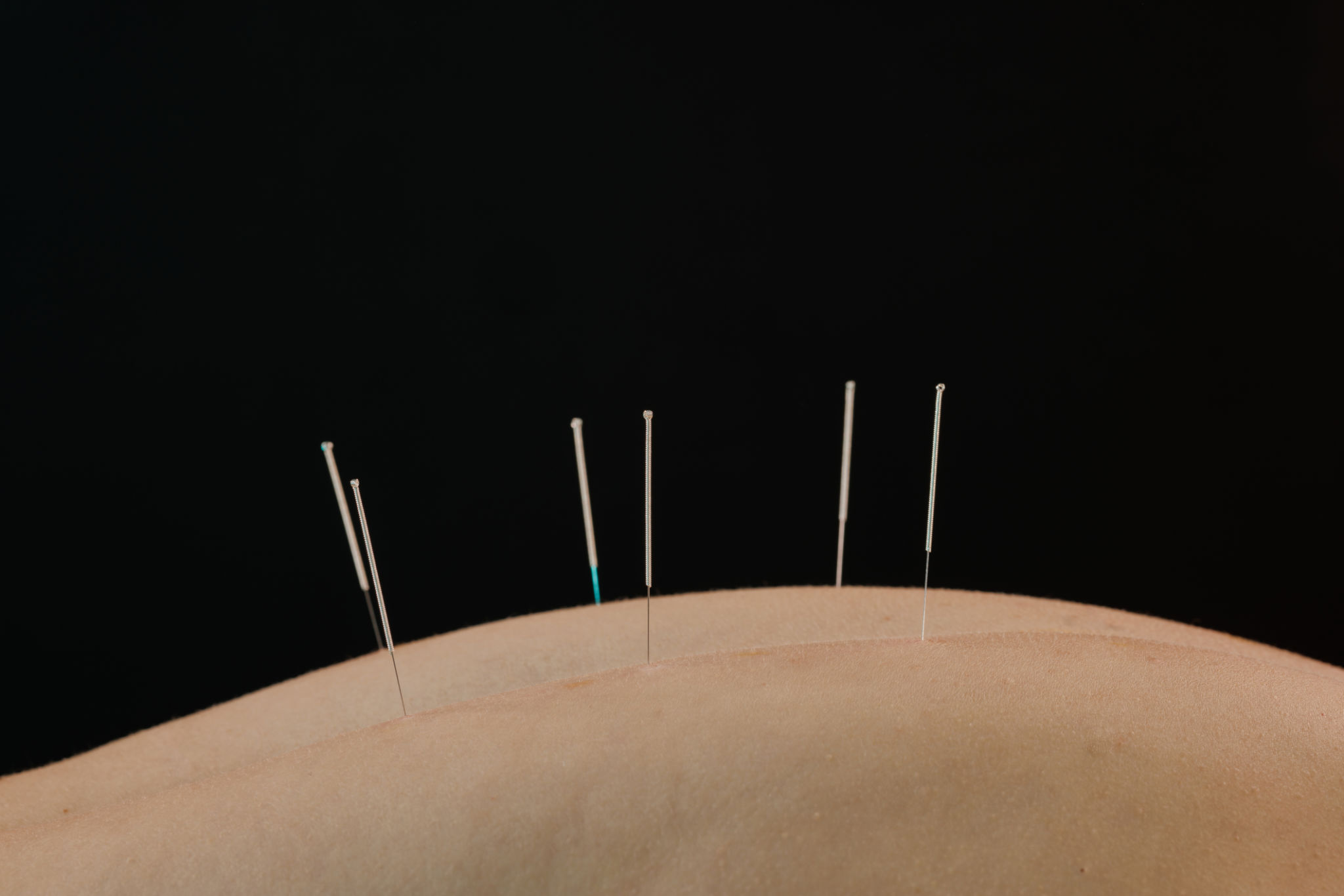The Benefits of Integrative Medicine for Chronic Pain Relief
Understanding Integrative Medicine
Integrative medicine is a holistic approach to healthcare that combines conventional medical treatments with alternative therapies. This approach emphasizes treating the whole person, not just the symptoms, and aims to address the physical, mental, and emotional aspects of health. For individuals suffering from chronic pain, integrative medicine offers a comprehensive strategy for relief and management.
By blending traditional and alternative therapies, integrative medicine provides a personalized treatment plan that can lead to more effective pain management. This can include a mix of medications, physical therapy, acupuncture, dietary changes, and mindfulness practices. The goal is to alleviate pain while promoting overall well-being.

The Role of Mindfulness and Stress Reduction
Mindfulness and stress reduction techniques play a crucial role in integrative medicine, especially for chronic pain sufferers. Practices such as meditation, yoga, and tai chi have been shown to help individuals manage pain by reducing stress and promoting relaxation. These techniques can help shift focus away from pain and improve mental health.
Studies have demonstrated that regular mindfulness practice can lead to significant reductions in pain perception. This is because mindfulness encourages individuals to become more aware of their body and mind connection, helping them to respond differently to pain signals.
Acupuncture and Its Benefits
Acupuncture is one of the most popular alternative therapies within integrative medicine for chronic pain relief. By inserting thin needles into specific points on the body, acupuncture aims to balance the body's energy flow, known as "qi." This practice has been shown to alleviate various types of chronic pain, including back pain, osteoarthritis, and migraines.

Research indicates that acupuncture may trigger the release of endorphins, the body's natural painkillers, and improve blood circulation. Many patients report reduced pain levels and improved quality of life after consistent acupuncture sessions.
Nutritional Strategies for Pain Management
Nutrition is a cornerstone of integrative medicine because what we eat profoundly impacts our health. A balanced diet rich in anti-inflammatory foods can be beneficial for managing chronic pain. Foods like fatty fish, leafy greens, nuts, and berries contain nutrients that help reduce inflammation and promote healing.
- Omega-3 fatty acids found in fish can help reduce inflammation.
- Antioxidants in fruits and vegetables protect cells from damage.
- Avoiding processed foods can prevent further inflammation.

The Importance of Physical Activity
Regular physical activity is another critical component of integrative medicine for chronic pain relief. Exercise helps maintain mobility and flexibility while strengthening muscles, which can alleviate pressure on joints and reduce pain. Activities such as swimming, walking, or gentle stretching are often recommended for their low-impact benefits.
Physical therapists often work within integrative medicine teams to develop personalized exercise plans that cater to an individual's specific needs and limitations. These plans are designed to gradually increase strength and endurance while minimizing discomfort.
Conclusion: A Holistic Approach to Pain Relief
Integrative medicine offers a multifaceted approach to managing chronic pain by combining the best of conventional and alternative therapies. This personalized strategy not only aims to alleviate pain but also improves overall health and quality of life through stress reduction, nutritional guidance, physical activity, and other holistic practices.
For those seeking relief from chronic pain, exploring integrative medicine could be a transformative step towards living a healthier, more balanced life. By addressing the root causes of pain and promoting overall wellness, this approach provides hope and healing for many individuals.